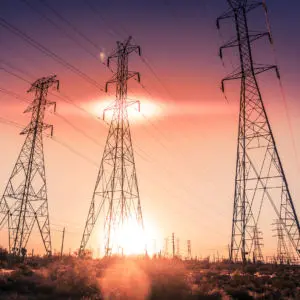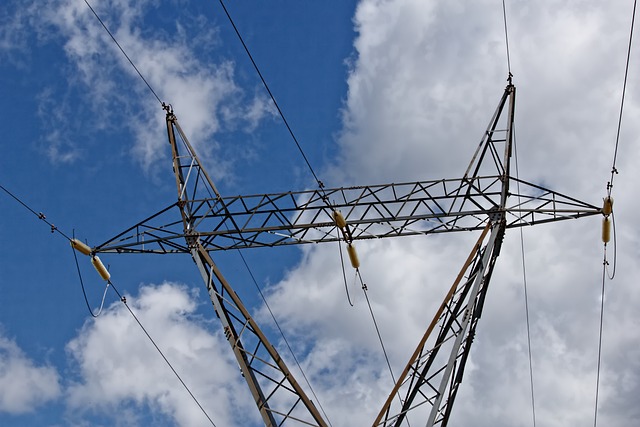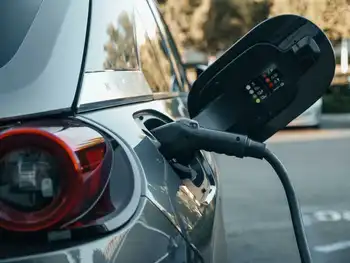Hydrogenics Acquires Greenlight
TORONTO -- - Hydrogenics Corporation, a designer and manufacturer of fuel cell technology, announced that it has acquired Greenlight Power Technologies, Inc., its principal competitor in the fuel cell test business, in a transaction valued at approximately $US 19 million.
The acquisition will enable Hydrogenics to consolidate its industry-leading position in the fuel cell testing business, while creating additional capacity and aligning dedicated resources to its fast growing fuel cell power products business. The acquisition combines the number one and number two providers of fuel cell test equipment and testing services and virtually doubles the size of Hydrogenics' test business.
Under the terms of the transaction, Greenlight shareholders will receive cash consideration of approximately US$2.25 million and 4,328,018 Hydrogenics' common shares, representing approximately eight per cent of Hydrogenics outstanding common shares.
"This acquisition is all about growth," said Hydrogenics President and CEO Pierre Rivard. "Not growth for the sake of growth, but rather capitalizing on an opportunity to grow our company in a commercially sustainable manner. In addition to acquiring new talent, we anticipate growth in a number of other key areas including customer base, revenues, and global presence. The current strength that we now see in the fuel cell sector indicates that the time is right for this strategic move. We are excited to start the New Year with the additional resources and capacity to execute our strategic growth plan and meet the growing demands for fuel cell test equipment and power products. In short, we expect that this acquisition will accelerate our goal to become the first profitable fuel cell company."
As part of the post-closing integration Hydrogenics intends to combine the respective fuel cell test businesses of Hydrogenics and Greenlight and to operate the combined business through Greenlight as the test equipment and services division of Hydrogenics. The consolidation of the companies' test businesses will be led by Greenlight's CEO, David Chapman, who will manage the division, based in Burnaby, British Columbia.
"I believe the combination of our respective resources will create the most sophisticated and successful fuel cell testing and diagnostic enterprise in the world, with a client list that includes almost every major fuel cell company in North America, Europe and Asia," said Mr. Chapman. "We are very excited to have this opportunity to be an integral part of Hydrogenics' strategic growth plans."
"The acquisition of Greenlight enables Hydrogenics to solidify its position as the world's number one fuel cell test equipment manufacturer and paves the way for dramatic growth in Hydrogenics' fuel cell power products business," said Mr. Rivard. "The fuel cell test equipment business has been a success story for Hydrogenics. Through this acquisition Hydrogenics is writing an even greater success story. By consolidating our test businesses into an independent operating division, Hydrogenics will now be better able to focus on the expansion of our rapidly growing fuel cell power products business. We feel the time has come to align dedicated resources to the development of fuel cell power products and markets for those products. This acquisition is a first step in doing so."
Related News

Electricity and water do mix: How electric ships are clearing the air on the B.C. coast
TORONTO - Hybrid Electric Ships leverage marine batteries, LNG engines, and clean propulsion to cut emissions in shipping. From ferries to cargo vessels, electrification and sustainability meet IMO regulations, Corvus Energy systems, and dockside fast charging.
Key Points
Hybrid electric ships use batteries with diesel or LNG engines to cut fuel and emissions and meet stricter IMO rules.
✅ LNG or diesel gensets recharge marine battery packs.
✅ Cuts CO2, NOx, and particulate emissions in port and at sea.
✅ Complies with IMO standards; enables quiet, efficient operations.
The river is running strong and currents are swirling as…




